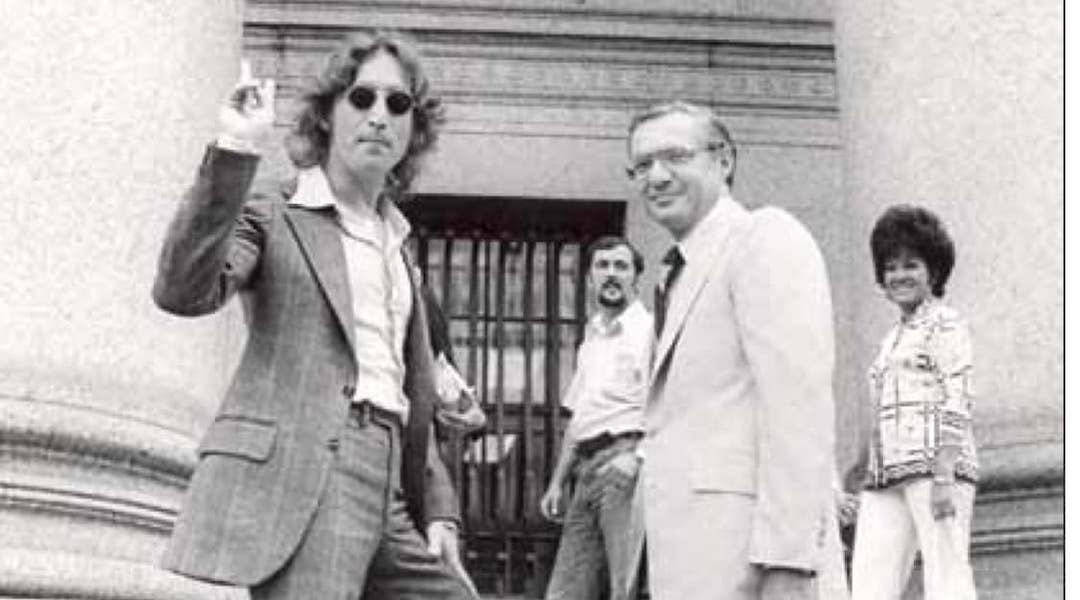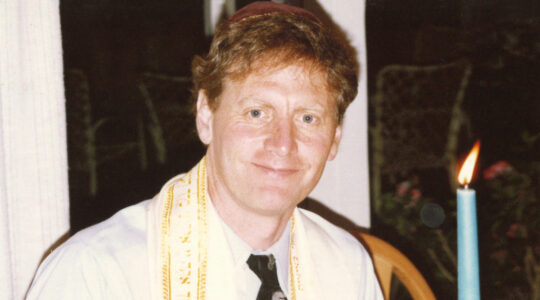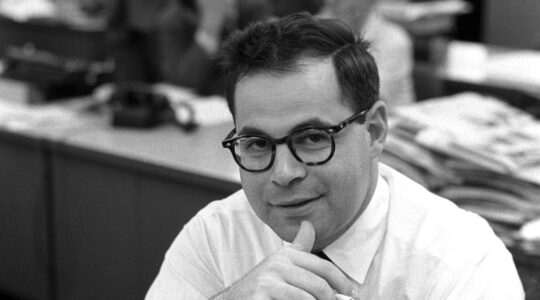This article is also available as a weekly newsletter, “Life Stories,” where we remember those who made an outsize impact in the Jewish world — or just left their community a better or more interesting place. Subscribe here to get “Life Stories” in your inbox every Tuesday.
Leon Wildes, 90, John Lennon’s lawyer
Leon Wildes, an immigration attorney best known for his years-long, successful battle to keep the U.S. government from deporting the Beatle John Lennon and his wife Yoko Ono, died Jan. 8 in Manhattan. He was 90.
Wildes started his career in 1959 as a migrations specialist with the Hebrew Immigrant Aid Society (HIAS) and later served on its board of directors. While working on the Lennon case, he played a key role in shaping a legal remedy allowing law-abiding individuals to remain in the United States and avoid deportation if they are elderly, seriously ill or undergoing severe hardship. It set a precedent that enabled President Barack Obama, in 2012, to establish Deferred Action for Childhood Arrivals, offering a path to permanent legal residence for immigrants who entered the country illegally as children.
“When you hear about ‘Dreamers,’ that is who it refers to, and that is Dad’s perpetual gift to the world — now numbering well over 1 million people — they are keeping alive the dreams of so many people to pursue the same opportunities for themselves and their own families that he himself was so fortunate to have, and instilling those values in generations to come,” his son, Michael Wildes, said in a eulogy.
Wildes taught immigration law at Benjamin N. Cardozo School of Law for 33 years, and served two terms as president of the Queens Jewish Center.
His survivors include Michael, an immigration lawyer and the longtime mayor of Englewood, New Jersey, and Rabbi Mark Wildes, the founder and director of the Manhattan Jewish Experience on New York’s Upper West Side.
When offered the Lennon case, Wildes acknowledged, “I have no idea who these people are.” And yet, he once wrote, “I think I can say that my career pretty well fit the daydream of an All-American success story for a kid from Olyphant,” the small town in Pennsylvania where he grew up. “With this case, though, I found myself defending not just John and Yoko’s personal dreams, but the foundation of the American Dream itself.”
A champion of the “new pluralism”
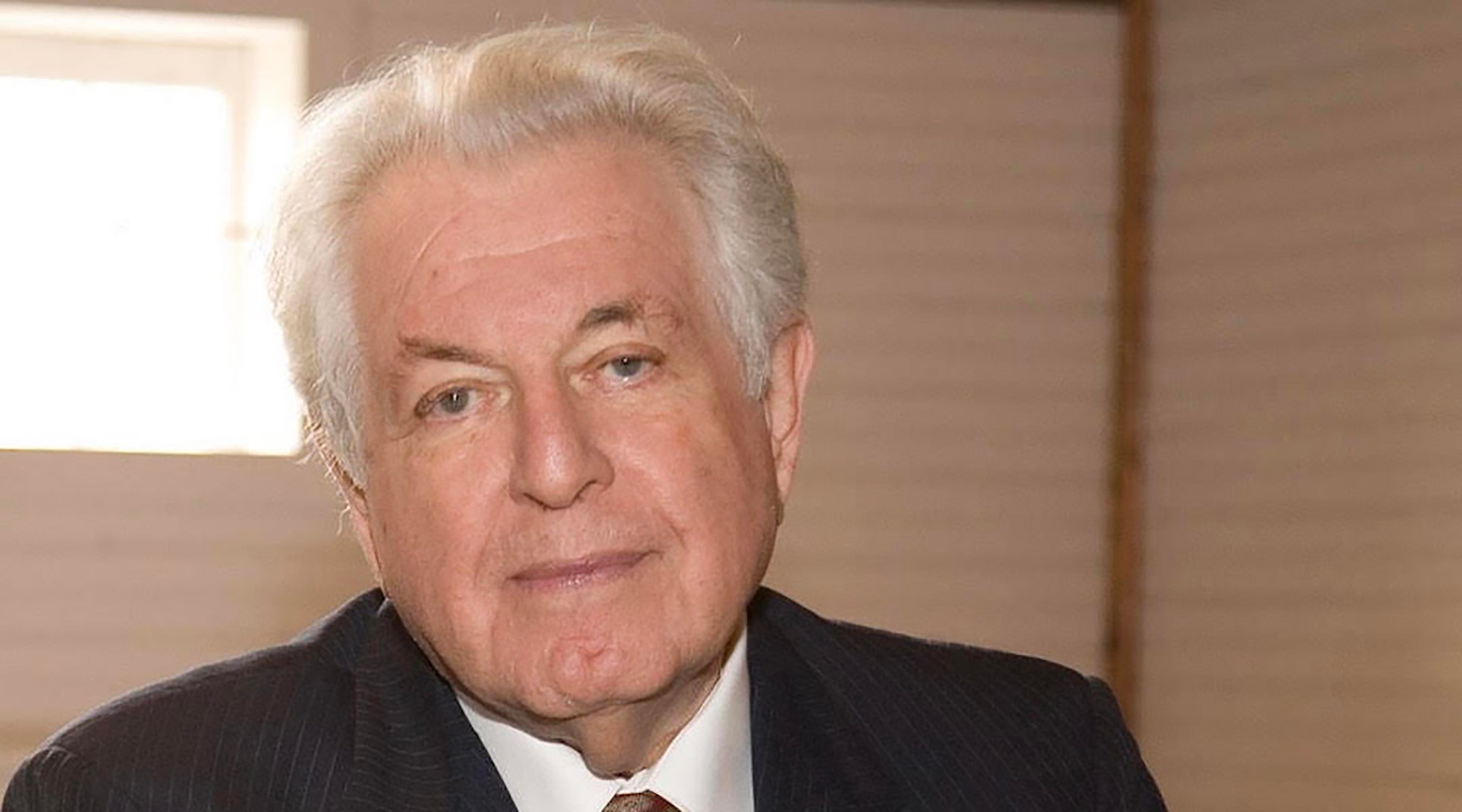
Irving M. Levine was an expert on intergroup relations and public policy at the American Jewish Committee. (Courtesy Levine family)
Irving M. Levine, an expert on intergroup relations and public policy who in a 25-year career at the American Jewish Committee advanced policy reforms in education, housing, mental health care, the urban poor, philanthropy and international affairs, died Jan. 11. He was 94. Raised in Brooklyn, Levine served for 25 years in various roles at AJC, including head of urban affairs and, later, director of national affairs. As the principal organizer and chairman of the National Consultation on Ethnic America at Fordham University in June 1968, he championed a “new pluralism” that, unlike the “melting pot” theory,” balanced small group identities with a commitment to society as a whole. “There are many pathways and byways to living in a pluralistic society,” he told the New York Times in a 1982 profile. “People ought to have a chance to identify in the way they feel most comfortable.” After an early retirement, he helped found, with Rabbi Steve Shaw, the Radius Institute, a think tank on new progressive visions for U.S. and Middle East policy.
The American mom of an Israeli diplomat
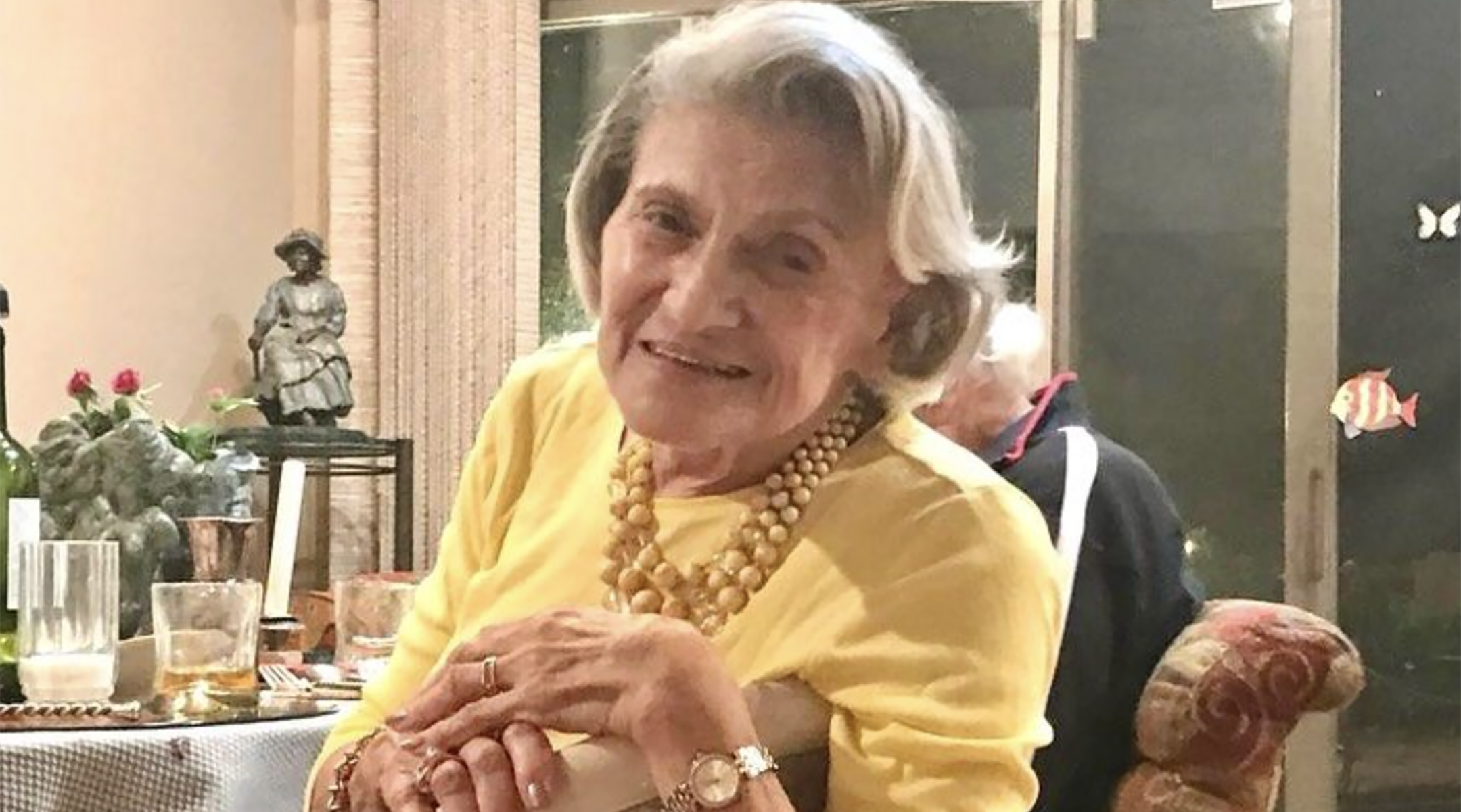
Marilyn Bornstein was a teacher and family therapist in West Orange, New Jersey. (Courtesy Michael Oren)
In 2021, Marilyn Bornstein, then 92, shared her secrets for a long and happy life: a healthy diet, a busy brain (in 2004, she wrote a novel, “Hold Fast the Time,” set in Israel), a regular schedule and, perhaps most of all, “my incredibly close relationship with my family and friends.” Bornstein, a teacher and family therapist, and her husband Lester, a hospital administrator and founder of the Healthcare Foundation of New Jersey, raised three children in West Orange, New Jersey, including a son, Michael Oren, who moved to Israel and served four years as Israel’s ambassador to the United States. “In addition to being long, her life was filled with meaning, creativity, spirituality, humor, family, and love,” Oren wrote last week. Marilyn Bornstein died Dec. 29. She was 95.
A versatile scholar of the Middle East
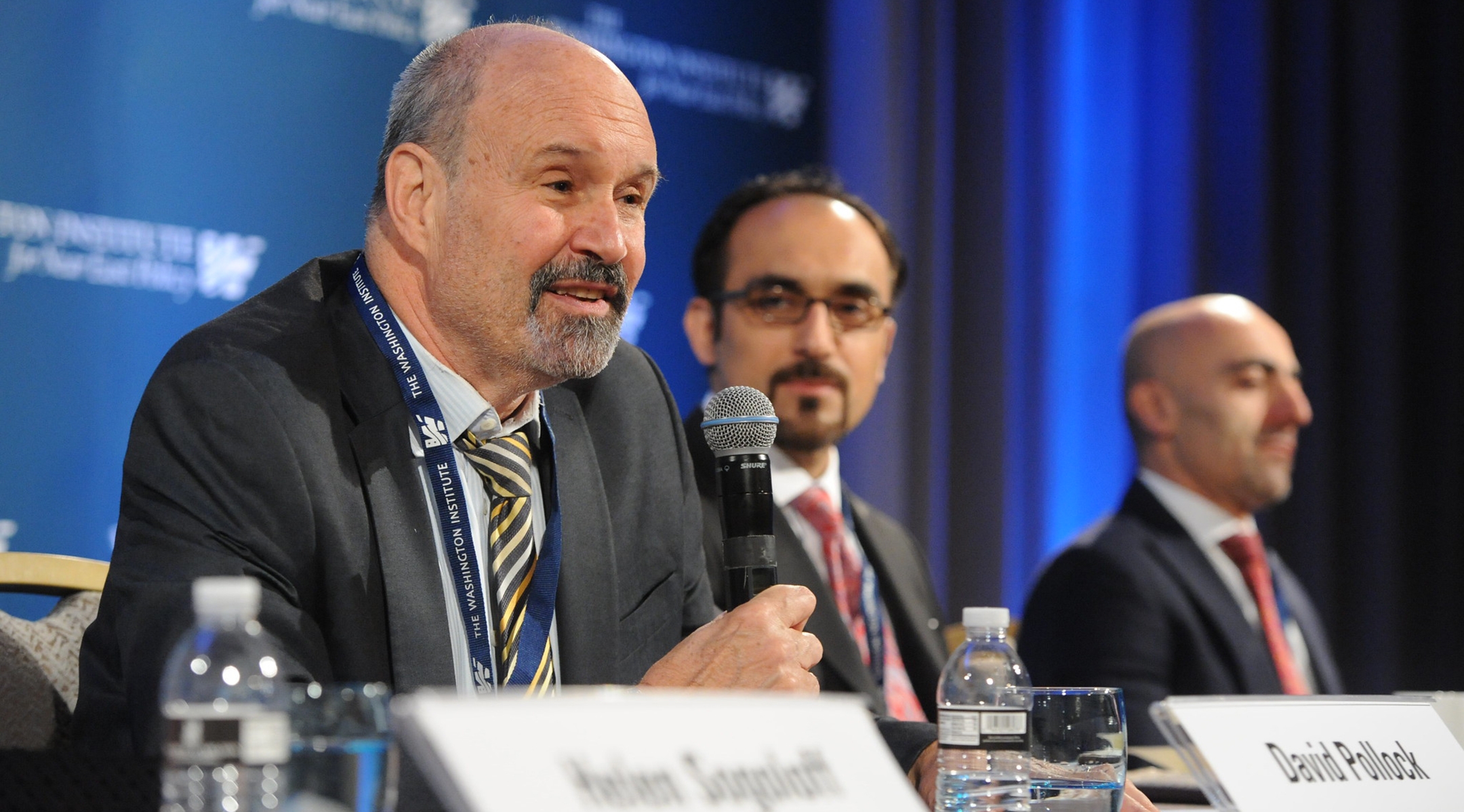
David Pollock speaks on a panel at the Washington Institute for Near East Policy’s 2018 Barbi Weinberg Founders Conference in Washington, D.C. (Courtesy WINEP)
David Pollock, a former State Department official who brought his expertise in Arabic and Middle East polling to the Washington Institute for Near East Policy think tank in Washington, died Jan. 9 after a long illness. He was 73. A Harvard-trained academic, he joined the State Department in 1996, advising on South Asia and Middle East policy in various positions, including senior advisor for the Broader Middle East. At the Washington Institute, which he joined in 2007, he became a Bernstein Fellow, leading the institute’s incipient Arabic-language program, and expanded its Fikra Forum, a bilingual English-Arabic blog that gives voice to diverse Middle East writers who often cannot publish openly in their native countries. He was the co-author, in 2012, of “Asset Test: How the United States Benefits from Its Alliance with Israel.”
“David was a remarkably versatile scholar-practitioner who made a tremendous impact on U.S. foreign policy as a teacher, U.S. government official, and Washington Institute expert,” the institute’s executive director, Robert Satloff, said in a statement. “David’s legacy is monumental. He will be dearly missed as a brilliant analyst, generous colleague, and a devoted friend.”
A Russian poet and critic of the Kremlin
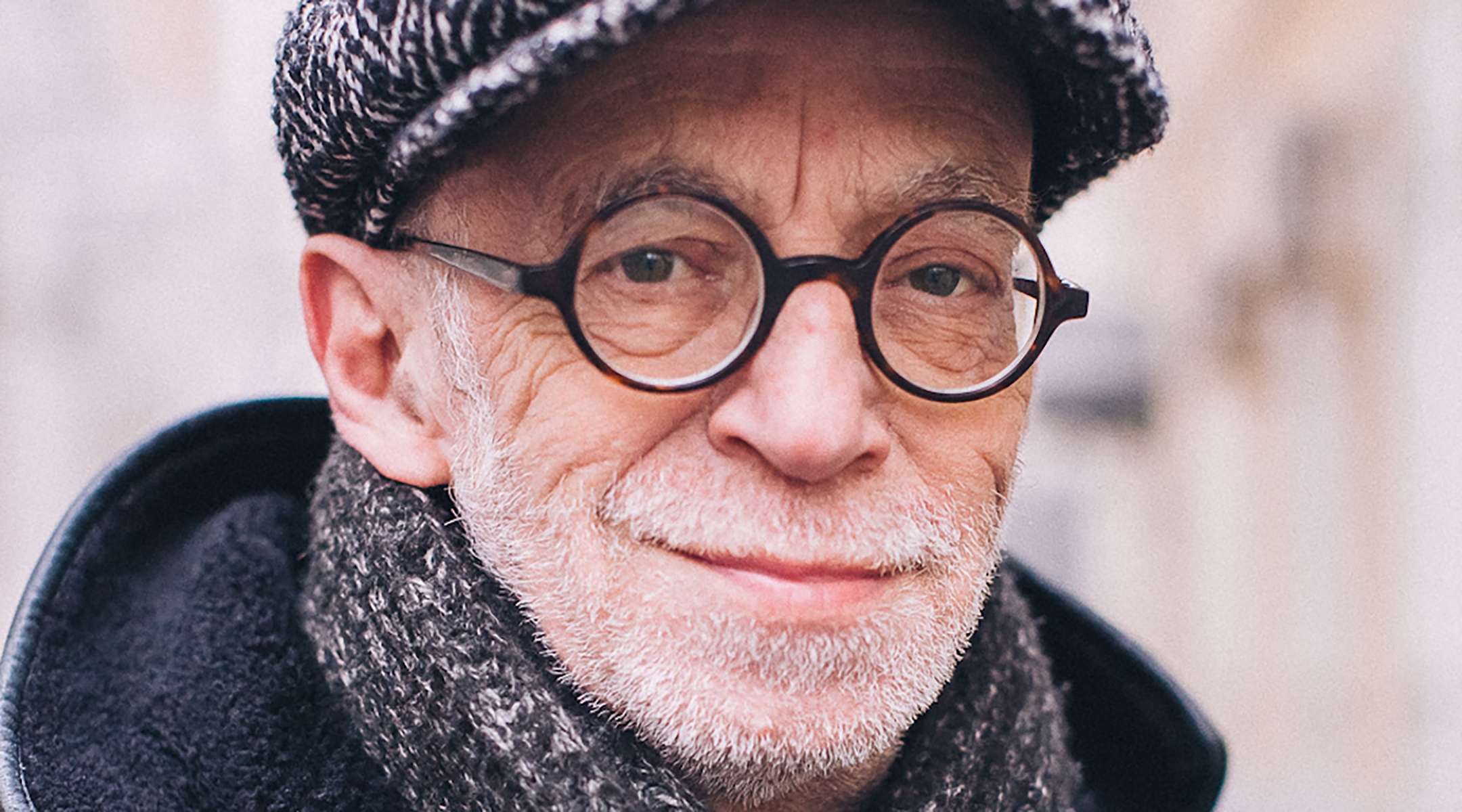
Russian Jewish poet Lev Rubinstein, a leading figure in the Soviet underground literary scene and frequent critic of Russian President Vladimir Putin. (Natalia Senatorova/Wikipedia)
Russian Jewish poet Lev Rubinstein, a leading figure in the Soviet underground literary scene and frequent critic of Russian President Vladimir Putin, died Jan. 14, days after being hit by a car in Moscow. Police are investigating the incident. He was 76. While working as a librarian in the 1970s and 1980s, Rubinstein was a leading light of Moscow Conceptualism, an avant-garde movement that mocked the Soviet-approved doctrine of Social Realism. After the fall of the USSR, he remained a frequent critic of the Kremlin, most recently opposing the war in Ukraine. “In war, people’s souls are destroyed and distorted, and the consequences of a war are at times disastrous even for the generations that come after,” Rubinstein said.
A pioneer of Women’s Studies
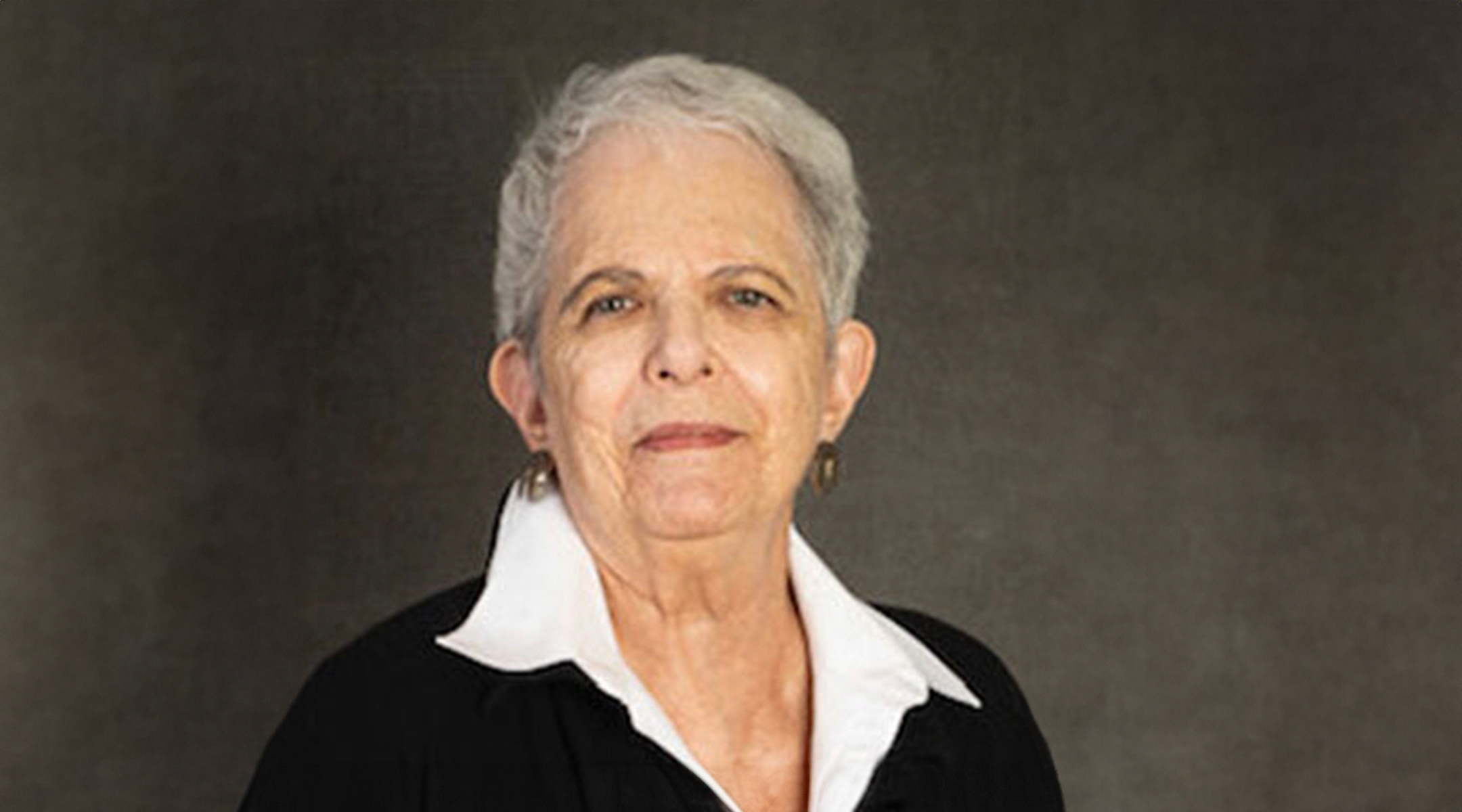
Elaine Reuben, as an assistant professor at the University of Wisconsin-Madison in the late 1960s, helped spread the gospel of Women’s Studies as an interdisciplinary field. (Courtesy Brandeis University)
When women’s studies first entered the university in the 1970s, “merely to assert that women should be studied was a radical act,” according to a history of the field. One of those radicals was Elaine Reuben, who as an assistant professor at the University of Wisconsin-Madison helped spread the gospel of Women’s Studies as an interdisciplinary field. Shortly after directing Women’s Studies at The George Washington University Graduate School, she co-chaired, starting in 1971, the Modern Language Association Commission on the Status of Women. While teaching in the American Studies program at the University of Maryland, she served, in 1978, as national coordinator of the National Women’s Studies Association. At Brandeis University, she was a board member of the Hadassah-Brandeis Institute and founded the Reuben/Rifkin Jewish Women Writers Series.
She was also active in a number of progressive Jewish organizations, including the New Israel Fund and J Street. A native of Indianapolis, she was a longtime member of the Fabrengen havurah in Washington. Reuben died Jan. 6 in Washington, D.C. She was 82.
JTA has documented Jewish history in real-time for over a century. Keep our journalism strong by joining us in supporting independent, award-winning reporting.
